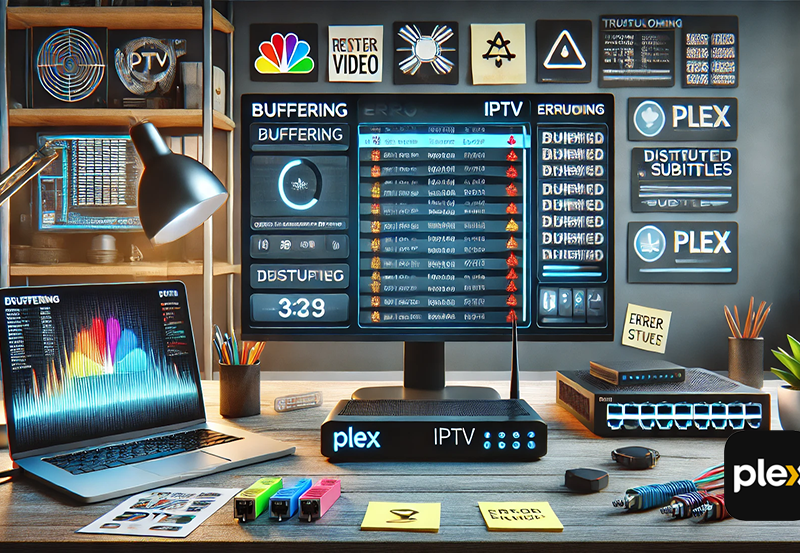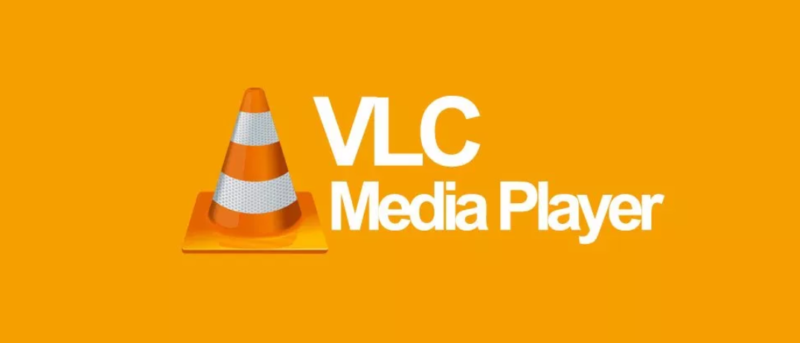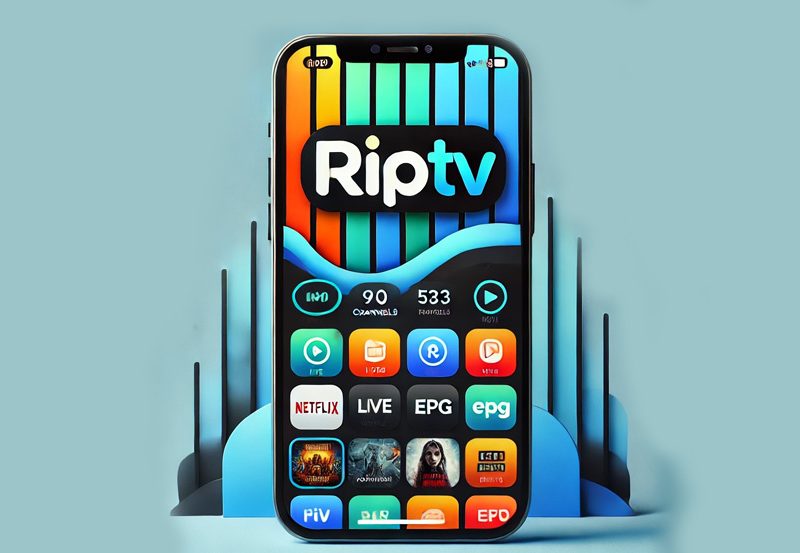Choosing the right entertainment option in today’s digital age can feel like a daunting task. With so many choices out there, you might find yourself torn between pursuing a flexible option like lazy IPTV or sticking with the familiarity of traditional cable TV. Let’s unravel these choices, weighing the benefits and drawbacks to help you decide the best fit for your viewing habits.
Understanding IPTV: The Modern Viewing Solution
Internet Protocol Television, or IPTV, represents a significant shift from the standard ways we consume television. Unlike cable TV, which relies on coaxial cable networks, IPTV utilizes the internet to deliver TV content. This modern approach offers a new level of accessibility and flexibility that wasn’t possible before.
IPTV services are favored for various reasons, including the ability to customize viewing experiences, access a broad range of channels, and enjoy enhanced mobility. Whether it’s adjusting your channel lineup or watching shows on your smartphone, the options are nearly limitless, which can be particularly appealing for tech-savvy viewers.
Streaming Tip:
Upgrade your game day experience with IPTV Sports for live and on-demand coverage of all major leagues.
Key Benefits of IPTV Providers
IPTV providers often boast a broader range of services that can be tailored to fit individual needs, providing additional perks over traditional cable offerings. These benefits often include:
- Wide selection of channels and on-demand content
- Flexibility with subscription plans and pricing
- Compatibility with various devices, including smart TVs, smartphones, and computers
The flexibility of IPTV providers is further highlighted by competitive pricing strategies, often referred to as the best IPTV deals, making it an attractive option for cost-conscious consumers.
The Drawbacks of IPTV
Despite its numerous advantages, IPTV isn’t without its share of drawbacks. It heavily depends on a stable internet connection, which can be a problem in areas with poor coverage or frequent outages. Issues with buffering and stream quality can also arise, especially during peak usage times.
Additionally, setting up IPTV can require a bit of technical know-how, which might deter less tech-savvy users who prefer the plug-and-play nature of traditional cable TV.
The Classic Appeal of Traditional Cable TV
For decades, cable TV has been a fixture in homes around the world, offering a reliable source of entertainment to millions. Its reliability and familiarity continue to appeal to many, particularly those who value the straightforward nature of having a dedicated line directly into their televisions.
Strengths of Cable TV
The main advantage of cable TV is its consistency and reliability. Consumers know what they are getting: a stable image with minimal disruptions. Additional benefits include client service and technical support from established companies.
- Stable connection without internet dependency
- Long-standing provider networks with solid customer service
- Access to bundle deals that include internet and phone services
Limitations of Cable TV
Even with its range of advantages, cable TV has its limitations, particularly when it comes to flexibility and cost. Cable subscriptions can be expensive compared to modern alternatives, especially when requiring additional channels or premium packages.
Moreover, cable TV may not offer the same level of content diversity as IPTV and lacks the on-the-go compatibility feature, as it typically doesn’t allow viewing on mobile devices outside the home.
Personalization and Flexibility: Which is More Adaptable?
When debating between lazy IPTV and traditional cable TV, personalization and flexibility are key factors. IPTV’s digital nature often allows for a more personalized experience through customizable subscriptions and user-friendly interfaces.
On the other hand, cable TV tends to offer less in the way of personalization, with fixed packages and limited options for adjusting channel lineups without upgrading to more expensive plans.
Unlock the Ultimate IPTV Experience
For those leaning toward IPTV, seeking out methods to unlock the ultimate IPTV experience typically involves researching providers that offer the best balance of channel variety, pricing, and service reliability.
Whether through engaging multimedia apps or cutting-edge streaming devices, enhancing one’s IPTV experience often involves being proactive about reviewing the latest offerings from various IPTV providers.
Cost Analysis: Weighing Monthly Expenses
One of the most influential factors in choosing between IPTV and cable TV is cost. IPTV often brings more affordable solutions to the table, thanks to the competition among IPTV providers. With a wide variety of service plans, families can select the option that best fits their streaming habits and budget constraints.
Cable TV, traditionally more expensive, still appeals to those who value consistency and comprehensive service packages, often bundled with internet and phone services. However, these added services can inflate costs, causing budget-conscious consumers to explore the best IPTV deals instead.
Availability of Channels and Content
Exploring Channel Varieties
IPTV often boasts an impressive selection of channels, offering access to both local and international broadcasts. These services can sometimes offer channels unavailable through traditional providers, making it a good option for expatriates or those who wish to explore international content.
Contrastingly, cable TV’s selection tends to be more regionally focused, limiting the availability of international channels unless specific, often-costly packages are purchased.
Entertainment on Demand
Another appeal of IPTV is the ease of access to on-demand content. Many IPTV services offer an expansive library of films, series, and exclusive content available at a moment’s notice, enhancing entertainment with immediate access.
Cable TV, while offering on-demand options, often lacks the immediacy and breadth of content that IPTV can provide, leaving some consumers searching for more flexible solutions.
Navigating the Technology: Ease of Use
Understanding the user interface and ease of use can significantly impact your decision-making process. IPTV platforms often offer sleek, modern interfaces designed for intuitive use, streamlining the user experience. This makes changing channels, exploring new content, and managing subscriptions straightforward.
Cable TV’s interface, while consistent, can sometimes feel dated compared to its IPTV counterparts. However, the simplicity of operation might appeal to less tech-oriented individuals who appreciate a streamlined TV experience without the bells and whistles.
Security Concerns: IPTV vs. Cable TV
When considering security, many IPTV users raise concerns about data privacy and potential vulnerabilities to hacking, given the digital nature of the service. This requires conscious effort to ensure secure network configurations and staying informed about trusted IPTV providers.
Cable TV usually circumvents these issues by virtue of its analogue and closed service setup, providing peace of mind to users wary of internet-based solutions.
Final Thoughts: Making the Choice
Ultimately, the decision between lazy IPTV and traditional cable TV comes down to personal preference, lifestyle, and priorities. Consider what aspects of entertainment are most critical to you: flexibility, cost, user experience, or consistency. Engage in a trial period if possible, to experience both options firsthand before committing.
FAQs: Answering Your Questions

What makes IPTV different from traditional cable TV?
IPTV uses the internet to stream channel content, offering flexibility and access to a broader array of international channels and on-demand services. Traditional cable relies on physical cables and offers more consistent delivery but often lacks flexibility.
Can I save money by switching to IPTV?
Absolutely! IPTV typically provides more economical options via competitive subscriptions and customizable plans, potentially translating to cost savings, especially if current cable packages include bundled services that users may not require.
Is the picture quality better with IPTV or cable TV?
Both can deliver high-definition content, but IPTV’s reliance on internet speed can impact quality during high traffic times. Cable TV generally maintains consistent quality regardless of internet connection, although specific channels’ quality may vary.
Do I need strong internet to use IPTV?
Yes, a robust and steady internet connection is crucial for IPTV to work optimally, ensuring smooth streaming without interruptions or buffering delays.
Are IPTV services legal?
Legitimacy depends on the provider. While many IPTV services operate legally with licensed content, it’s essential to research and choose reputable IPTV providers to avoid unauthorized services.
What devices can I use to access IPTV?
IPTV is compatible with a variety of devices including smart TVs, computers, tablets, and smartphones. Additionally, streaming devices such as Roku or Amazon Fire Stick can also enhance the viewing experience.
Which is easier to set up, IPTV or cable TV?
Cable TV generally offers simpler setup owing to physical connections and standardized installation procedures performed by technicians. IPTV can require a self-directed installation process and configuration, which could pose challenges for some users.
How to Choose the Best OTT Player for Your Needs





